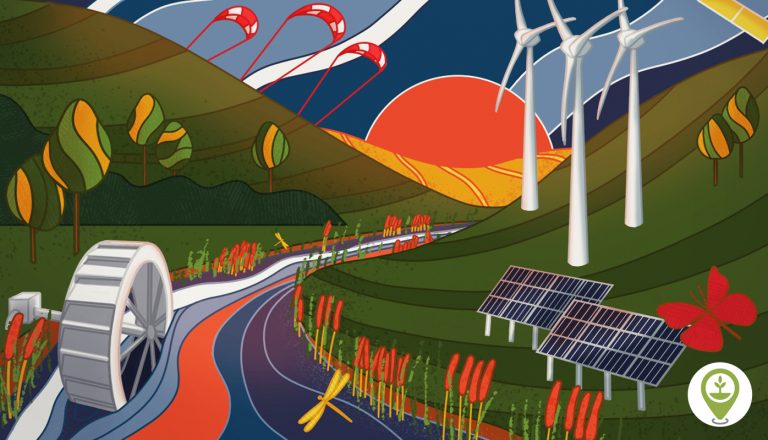
ITAD refers to the process of disposing of obsolete or unwanted IT equipment in a secure and environmentally responsible way. Acquisitions in this space typically involve companies buying or merging with ITAD providers to expand services, improve sustainability, or meet regulatory demands. The ITAD market has been growing due to increased focus on circular economy principles and e-waste management, especially as businesses seek cost-effective ways to refresh hardware amid supply chain disruptions—like those potentially caused by tariffs.
Trump Tariffs
Donald Trump’s tariff policies, as of early 2025, have been a major economic talking point. Reports indicate he’s imposed sweeping tariffs, including a 10% levy on Chinese imports (with threats of higher rates), 25% on Canada and Mexico (later suspended in some cases), and reciprocal tariffs on other nations. These tariffs aim to boost domestic manufacturing but have sparked fears of trade wars, higher costs, and supply chain chaos. For climate tech, this is a double-edged sword: tariffs on imported steel, batteries, and rare earth minerals (critical for solar panels, wind turbines, and EVs) could raise costs, slowing deployment. Conversely, they might encourage U.S.-based production if incentives align, though short-term disruption seems more likely.
Register for Tekedia Mini-MBA edition 19 (Feb 9 – May 2, 2026).
Register for Tekedia AI in Business Masterclass.
Join Tekedia Capital Syndicate and co-invest in great global startups.
Register for Tekedia AI Lab.
Climate Tech
Climate tech—encompassing renewable energy, EVs, and carbon reduction innovations—faces significant pressure from Trump’s policies. Tariffs increase the cost of imported components (e.g., $4 billion in Chinese lithium-ion batteries last year), potentially stalling projects. Cuts to federal programs, like those under the Department of Energy, could also slash funding for cleantech R&D. Experts note that while fossil fuel industries might also face higher costs (e.g., steel for pipelines), climate tech’s reliance on global supply chains makes it particularly vulnerable. China might redirect its clean tech exports to the EU, leaving the U.S. lagging in this sector.
Department of Government Efficiency (DOGE)
DOGE, led by figures like Elon Musk, aims to cut federal spending (targeting $2 trillion from a $6.75 trillion budget) and modernize government tech. Trump establishes DOGE via executive order, focusing on efficiency and tech upgrades. Over 101,000 federal jobs cut, hitting agencies like the EPA and NOAA, hampering climate research. Reports of DOGE clashing with agencies (e.g., U.S. African Development Foundation takeover) suggest aggressive cost-cutting, potentially affecting ITAD-related government contracts. DOGE’s push for efficiency could boost ITAD by encouraging agencies to offload outdated tech, but its climate tech impact is negative—reduced funding and staff for green initiatives signal a retreat from federal climate leadership.
Tariffs could drive ITAD acquisitions as companies seek to mitigate rising hardware costs by extending equipment lifecycles. U.S. firms might acquire ITAD providers to localize supply chains, avoiding tariffed imports. Tariffs threaten climate tech’s growth by inflating costs and disrupting supply chains. While DOGE’s efficiency goals might indirectly support sustainable IT practices (like ITAD), its broader cuts undermine climate tech funding. DOGE’s aggressive timeline prioritizes cost over climate, potentially stalling cleantech while creating opportunities for ITAD as government tech modernizes.
Tariffs kick in, ITAD firms see demand spike as businesses delay new purchases. DOGE cuts hit climate agencies; ITAD acquisitions rise to handle surplus federal tech. Current state—tariffs fuel trade tensions, climate tech falters, DOGE’s efficiency push indirectly aids ITAD but not cleantech. In short, Trump tariffs and DOGE’s timeline could inadvertently boost ITAD acquisitions by forcing cost-saving measures, but they pose a net negative for climate tech due to higher costs and reduced federal support.



